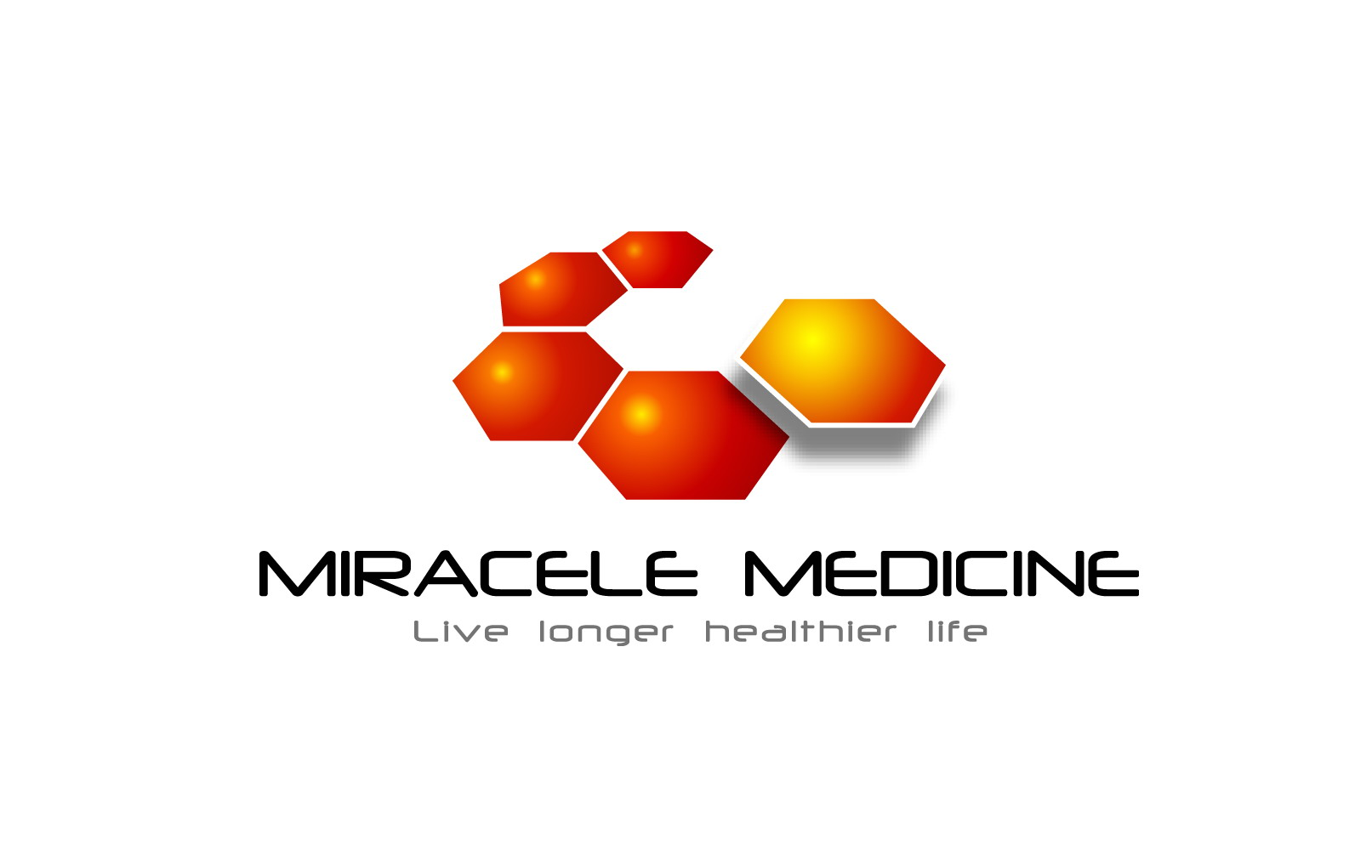
Purified Stem Cell and Immunotherapy
What is Stem cell?
Stem cells are mother cells that have the potential to become any type of cell in the body. One of the main characteristics of stem cells is their ability to self-renew or multiply while maintaining the potential to develop into other types of cells. Stem cells can become cells of the blood, heart, bones, skin, muscles, brain etc. There are different sources of stem cells but all types of stem cells have the same capacity to develop into multiple types of cells.
Stem cells are unique cells of the body in that they are unspecialized and have the ability to develop into several different types of cells. They are different from specialized cells, such as heart or blood cells, in that they can replicate many times, for long periods of time. This ability is what is known as proliferation. Unlike other cells, stem cells also have the ability to differentiate or develop into specialized cells for specific organs or develop into tissues. In some tissues, such as muscle or brain tissue, stem cells can even regenerate to aid in the replacement of damaged cells.
A stem cell transplant maybe necessary if the bone marrow stops working and does not produce enough healthy stem cells. A stem cell transplant can help your body make enough healthy WBC, RBC, Platelets and reduce risks of life threatening infections, anemia and bleeding.
2 Types of Stem Cells:
1. Embryonic Stem Cells- these stem cells come from embryos in the early stages of development (in vitro). They have the ability to differentiate into any type of cell in the initial stages of development and become slightly more specialized as they mature. These cells are harvested and grown in appropriate culture conditions until they become mature. However, they do not only have the ability to becoming beneficial tissue but they can also become cancerous (malignant) cells.
2. Adult Stem Cells- these stem cells are present in mature body tissues of infants, children and adults. They may also be found in fetal umbilical cord blood cells. Adult stem cells are particular to specific tissue or organ and produce the cells within that particular tissue or organ. These stem cells help repair tissues and organs throughout a person’s life. They have potential to differentiate into cell types found in other tissues which means they can travel to a site of damage, penetrate the damaged tissue and then regenerate that tissue.
2 Types of Stem Cells Donor:
1. Allogeneic Stem Cell- this comes from a genetically well-matched healthy donor.
2. Autologous Stem Cell- the recipient or the patient will use his/her own stem cells to avoid rejection and complication from the recipient.
Types of Stem Cell Transplant:
1. Bone Marrow Transplant- stem cells are obtained from bone marrow. Bone marrow harvests are sometimes used if insufficient numbers of stem cells can be obtained from peripheral blood.
2. Peripheral Blood Stem Cells (PBSC)- stem cells are obtained from peripheral blood. This is now performed as much often than bone marrow transplant because they are easier to collect, they provide more reliable number of stem cells, the procedure puts less strain on the donor’s system, and patients recover more quickly.
3. Cord Blood Transplant- stem cells are obtained from umbilical cord blood. This is not use frequently because of limited number of stem cells available.
3 Types of Purified Stem Cell
1. Standard- through peripheral blood stem cells. Collection of stem cells from peripheral blood vein and separate the stem cell then re-infuses the rest of the blood back to the patient.
Applications: Blood disorder, Diabetes Ulcer, Renew bone marrow after chemotherapy or radiation.
2. Grande- through Mononuclear Cells (MNC). Separates stem cells from peripheral blood (PBSCs). Then it will be purified in the laboratory by trained scientists and technician for Mononuclear Cells (MNCs) **Miracele is the only company in Thailand who can do cell purification.
Applications: Diabetes Ulcer, Hip joint (avascular), Liver, Ischemic Heart, Neuronal, etc.
3. Royal- most purified stem cells for each specific disease. Believes this purification is the best in treating diseases because this purified stem cells have proteins on the surface of each cell (CD).
Applications: CD 133- for ischemic heart disease, liver, neuronal, stroke, paralysis
CD 34- for blood diseases
CD 56- for solid tumor, viral infection
Stem Cells and Cell Separation
Mononuclear Cells (MNC)
- Uses Sepax as the machine
- Automated cell separator
- Protocol specific
- CE marked
- Under closed system, sterile technique
- Single use kit
Potential: Heart disease, hip joint (avascular), ischemic ulcer, liver, heart neural disease, Diabetes Mellitus Type I & II
Laboratory Test:
CBC (Complete Blood Count)
CMP (Comprehensive Metabolic Panel)
Pregnancy Test (for all Females)
Bleeding Time
ABO Blood Type
Infectious Disease Test
Procedure:
Day 1 to 4 Patient will be injected of GCSF (Granulocyte Colony Stimulating Factor) via Intramuscular.
Day 5 Patient will be hooked to Apheresis machine for peripheral blood collection. This machine will separate needed blood components and will returns the remaining blood back to the patient. The process usually takes within 2-3 hours depending on the amount of blood needed for the procedure.
After there is enough blood collected, the specimen will be placed to Sepax machine for purification process. From Sepax, the blood components needed will be isolated from each other. With this method, several blood cells which are vital in our body are usually obtained (e.g. T cell, B cell, Monocyte, Dendritic Cell, Cluster of differentiation, Stem Cell). The purification process usually lasts for 2 hours and 30 minutes.
After purification, the blood is ready to be administered back to patient via Intravenous on the same day.
Minor Complications:
- Pain in the injection site
- Feeling of laziness
- Feeling sleepy
- Might feel dizzy, vomiting, cough and difficulty of breathing (might be an allergic reaction and should consult physician right away)
|